$1B Phoenix Battery Plant Charges Ahead
The first U.S.-owned lithium-ion factory will bring 3,000 jobs to Arizona.
Idaho-based KORE Power Inc. has acquired 214 acres in Buckeye, Ariz., for the construction of the first lithium-ion battery cell manufacturing facility wholly owned by a U.S. company. The Mangat Group pocketed $29 million for the land parcel located at the intersection of Baseline Road and Highway 85. Arizona Land Consulting assisted the seller in the disposition.
Anticipating a capital investment of nearly $1 billion, the manufacturer plans to break ground on the 1 million-square-foot facility dubbed the KOREPlex by the end of the year, aiming for a second quarter 2023 start of production. The development will take shape in phases, with the cost of the first phase anticipated at $500 million, according to Phoenix Business Journal.
READ ALSO: National Industrial Report – July 2021
KORE Power is bound to become Buckeye’s largest employer, as the company intends to hire more than 3,000 full-time employees at the facility, which in turn will generate some extra 10,000 direct and indirect jobs. The plant’s construction, estimated to take about 18 months, will require approximately 3,400 workers during peak activity.
Upon completion, the plant will support up to 12 GWh per year of battery cell production, having the capacity to produce enough power for 3.2 million homes. KOREPlex will also score points in sustainability, as the facility will operate with net-zero carbon emissions through strategic partnerships and solar-plus- and storage co-generation.
The development site is roughly 36 miles west of downtown Phoenix, with Interstate 10 located some 4 miles north.
The site selection process
KORE Power had been searching for a site for the new facility for the last three years and considered nearly 300 options. CEO Lindsay Gorrill said, in a prepared statement, that the desired location had to have a track record of supporting energy storage, a growing clean transportation sector and a suitable workforce.
In May, the company announced they had narrowed the search to three sites located in Arizona, Florida and Texas. The Grand Canyon State location was ultimately chosen as it offers proximity to complementary industries such as e-mobility, solar and semiconductor, as well as utilities, workforce and logistics capabilities. In addition, the state provides a pro-business tax and regulatory environment.
Up for state incentives
KORE Power is eligible for as much as $65 million in state incentives, according to The Arizona Republic. The manufacturer could benefit from $63 million from Arizona’s Qualified Facility Tax Credit program that was created in 2012 to attract manufactures to the state.
Another $2 million could come from the Arizona Competes Fund, focused on promoting the growth and diversification of business investment in the state by attracting, expanding and retaining businesses in targeted industries. However, the final amount will depend on the number of applications submitted by the company.
Manufacturing in the West Valley
KORE Power is one of many manufacturing companies that have chosen to establish their production facilities in metro Phoenix over the last two years, with big names like Intel and Taiwan Semiconductor Manufacturing Co. (TSMC) entering the market or announcing expansions in the area. “In the last decade, 238 manufacturing operations relocated or expanded in Greater Phoenix. Thirty-eight percent, or 90 of the 238, were in 2018 and 2019 alone,” Chris Camacho, president & CEO of the Greater Phoenix Economic Council, told Commercial Property Executive.
The West Valley is home to TSMC’s six-factory mega-site, but also to the manufacturing facilities of Sub-Zero, Nike and Pepsico Gatorade, to name only a few. Recent Colliers research shows The West Valley had more than 181.5 million square feet of industrial space in stock as of June, with 27.2 million square feet pertaining to manufacturing. And the submarket is poised for more growth, as 33 percent of the manufacturing workers in Maricopa County live in the West Valley, according to the Western Maricopa Coalition.

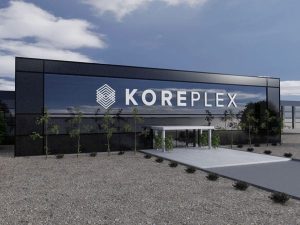

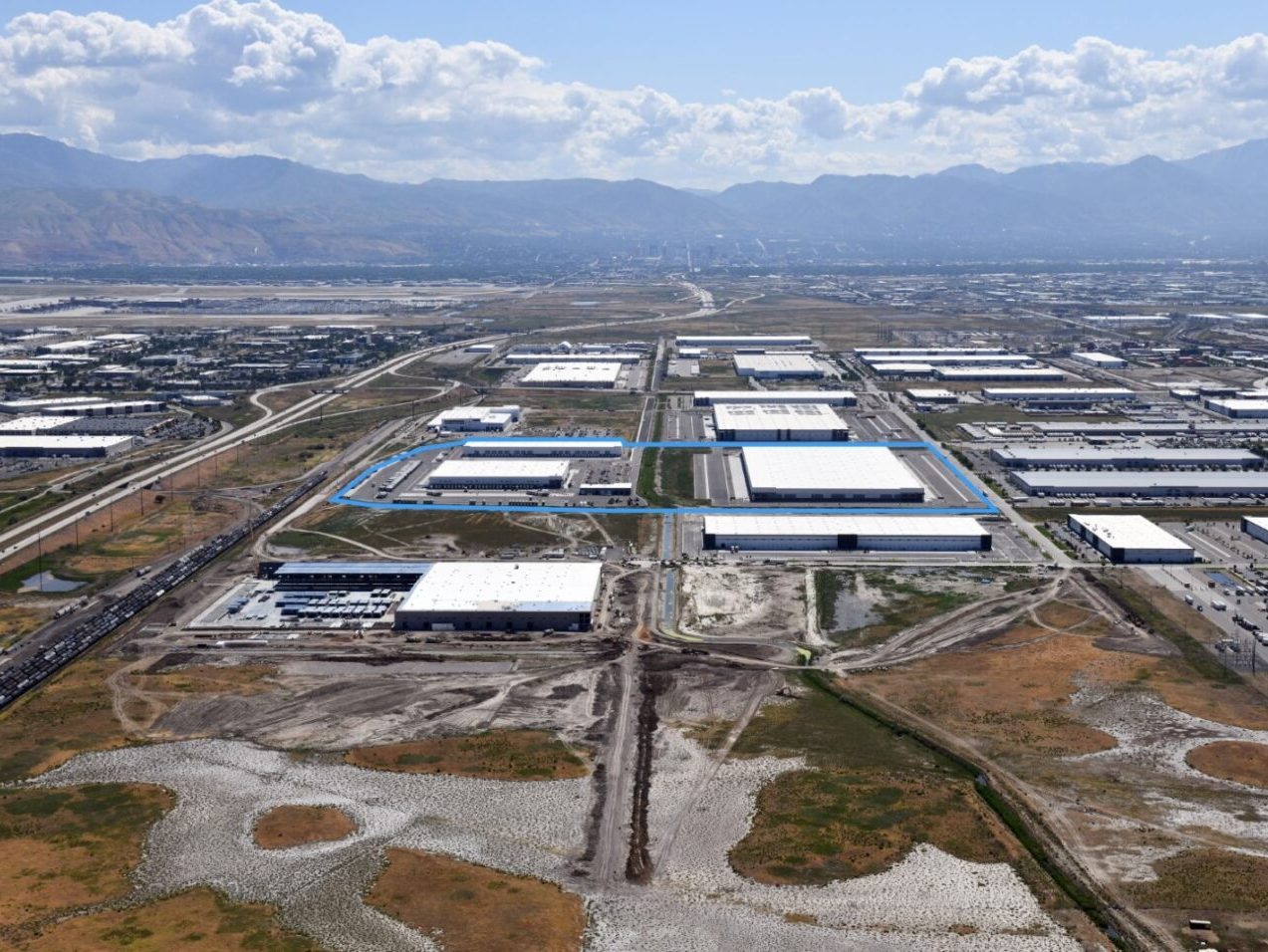
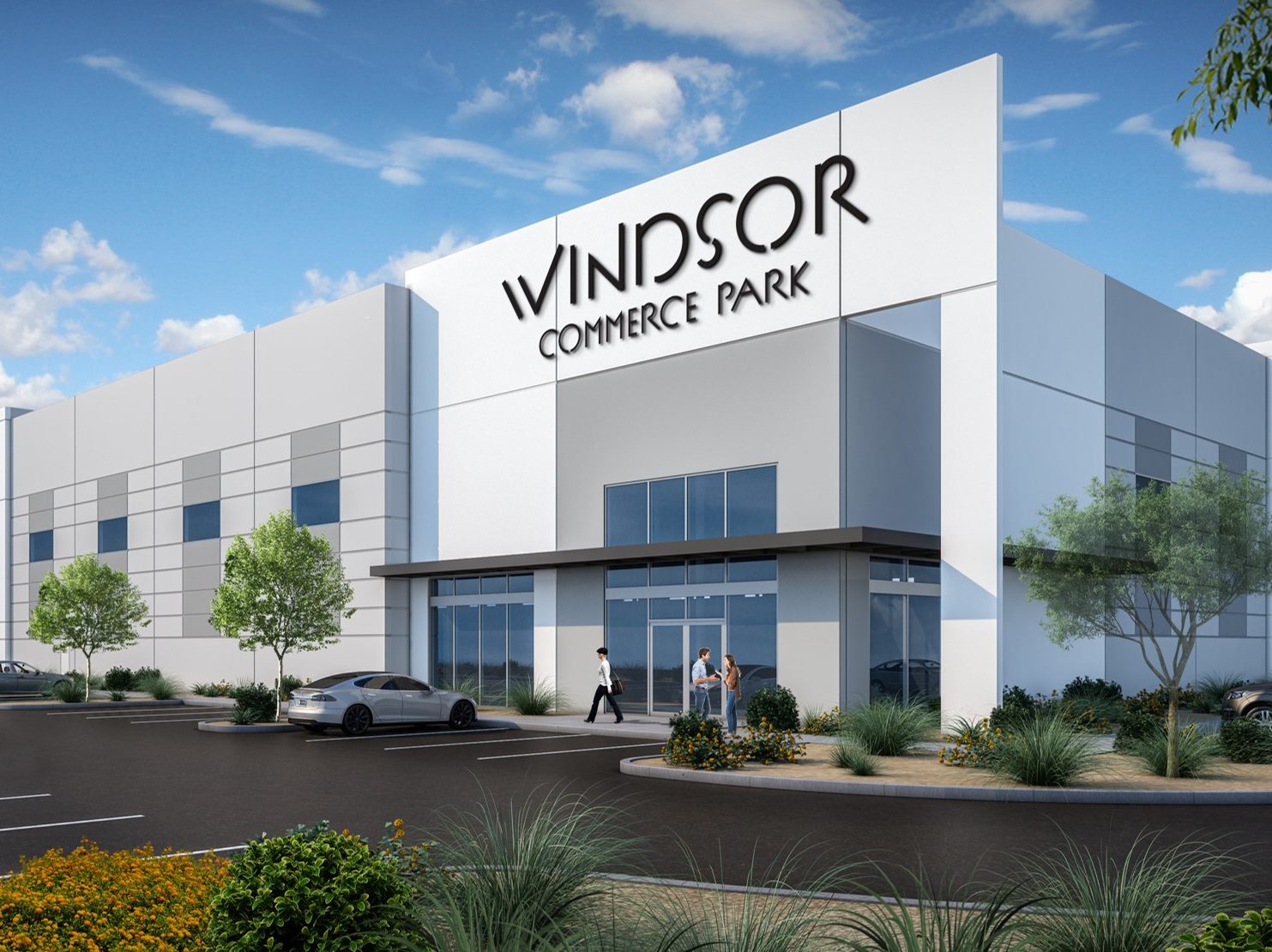
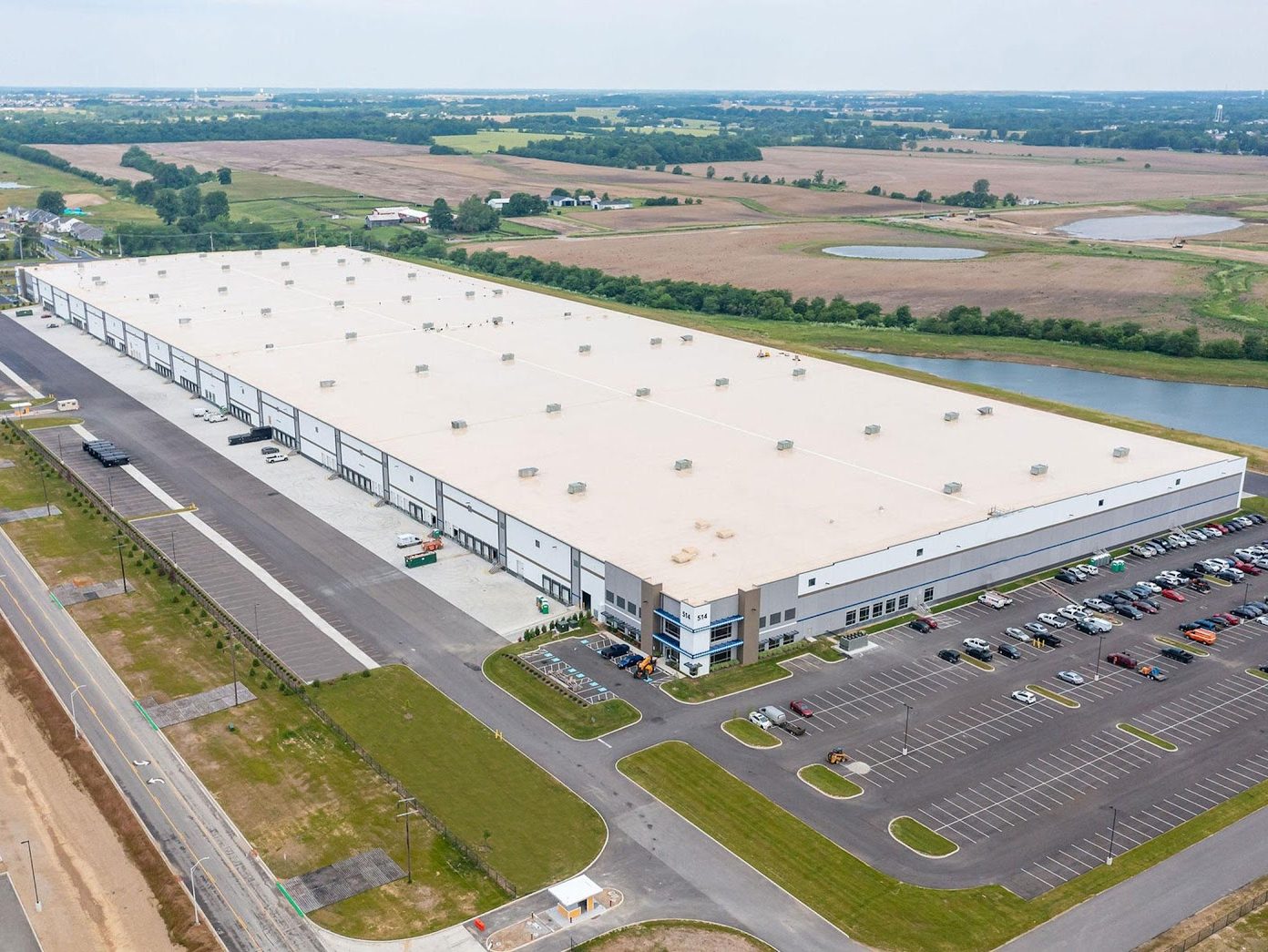

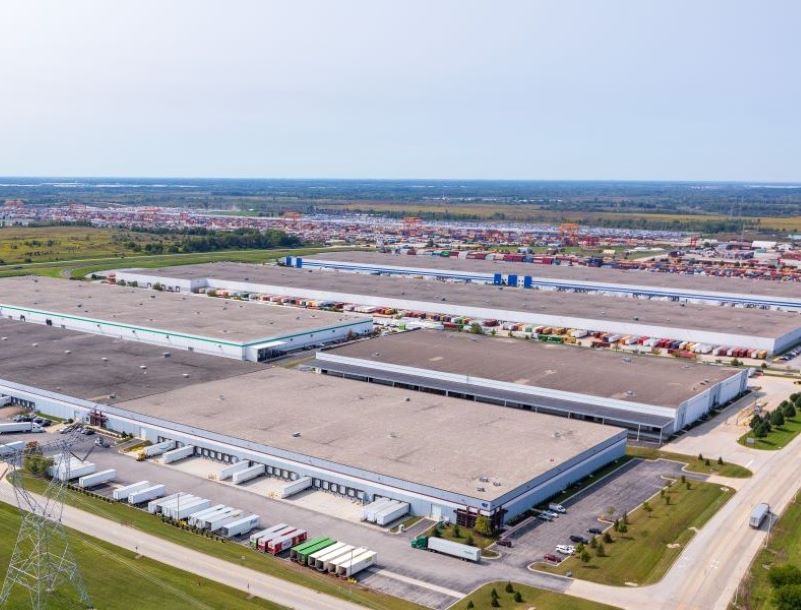
You must be logged in to post a comment.